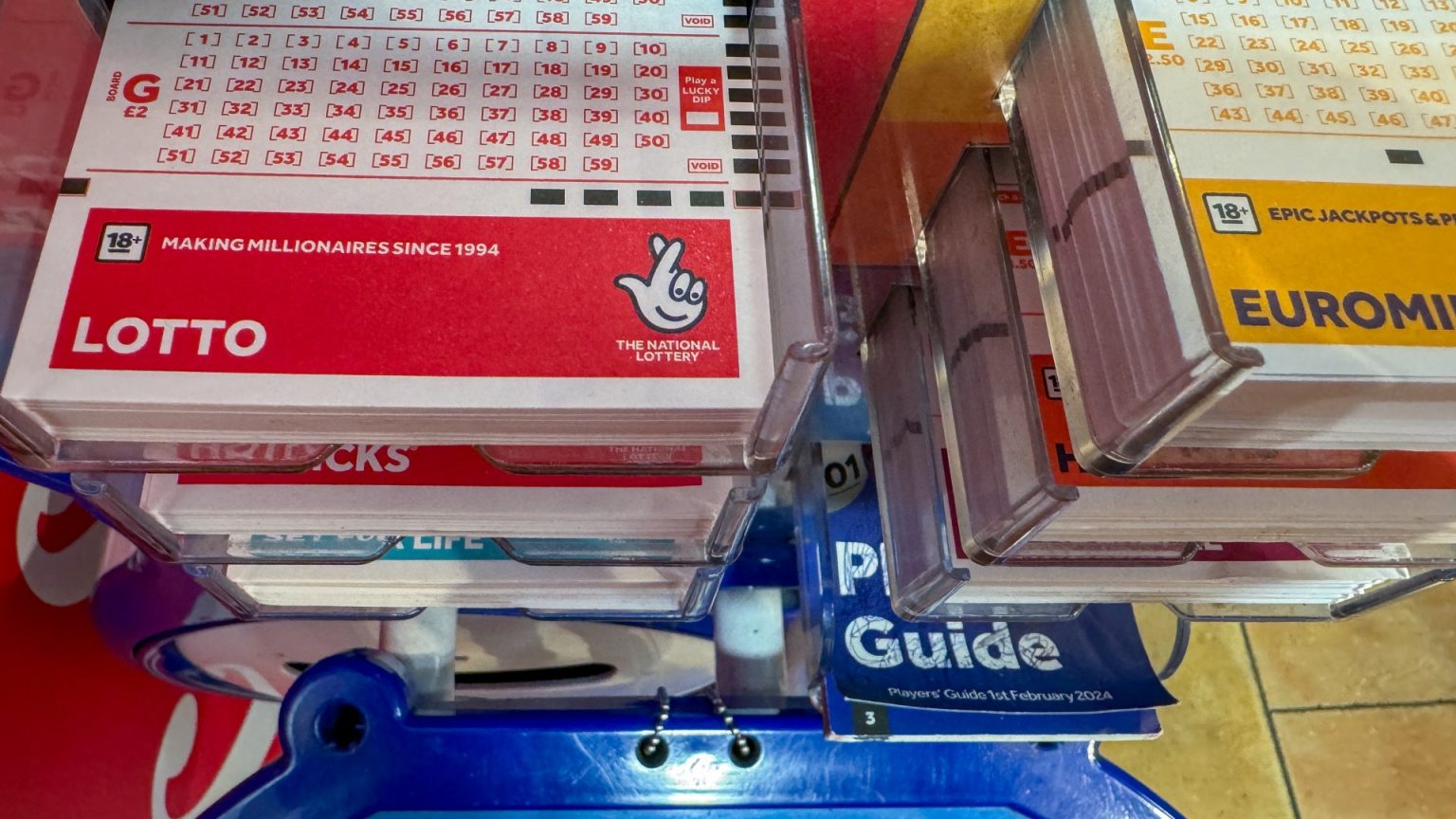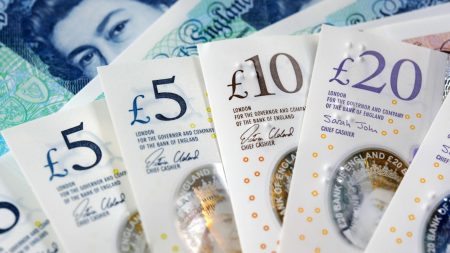The allure of the lottery lies in the dream of beating the odds and winning a life-changing sum of money. However, it’s crucial to understand that lotteries are fundamentally games of chance, and no strategies or systems can guarantee a jackpot win. The published odds of winning provide a clear picture of the probability, and these odds, often expressed as a ratio (e.g., 1 in 10), illustrate the likelihood of winning a specific prize. A lower number in the ratio signifies better odds, meaning the event is more likely to occur. While various lottery games offer different odds and prize structures, the underlying principle remains the same: the probability of winning the grand prize is exceptionally low.
In the UK, several major lotteries, including the National Lottery’s Lotto, EuroMillions, and Thunderball, offer varying degrees of winning potential. The Lotto requires players to choose six numbers from 1 to 59, with the option to play up to seven lines of numbers per slip, at a cost of £2 per slip. While the overall odds of winning any prize in the Lotto are relatively favorable at 1 in 9.3, the odds of hitting the jackpot, requiring all six matching numbers, are a staggering 1 in 45,057,474. Other prize tiers exist for matching fewer numbers, but the likelihood of winning these prizes also decreases significantly as the prize amount increases. For instance, matching five main numbers and the bonus ball offers a £1,000,000 prize with odds of 1 in 7,509,579.
EuroMillions, played on Tuesdays and Fridays, involves selecting five numbers from 1 to 50 and two “Lucky Stars” from 1 to 12. With a cost of £2.50 per play, EuroMillions boasts larger jackpots, consequently attracting a greater number of participants and thus longer odds. The chance of securing the EuroMillions jackpot stands at an astronomical 1 in 139,838,160. While the average jackpot is enticing, the likelihood of winning any prize decreases as the number of matching numbers increases. Even the second-tier prize, requiring five matching numbers and one Lucky Star, has odds of 1 in 6,991,908, highlighting the significant challenge in winning substantial sums.
Thunderball, a more affordable option at £1 per play, offers four draws per week. Players select five numbers and one “Thunderball,” vying for a £500,000 jackpot by matching all six numbers. The odds of winning the Thunderball jackpot are 1 in 8,060,598, significantly better than the EuroMillions but still highly improbable. Matching five numbers without the Thunderball yields a £5,000 prize with odds of 1 in 620,046, while smaller prizes are available for matching fewer numbers. The most frequent win, matching only the Thunderball, offers a £3 prize with relatively favorable odds of 1 in 29.
It’s important to approach lottery games with a realistic understanding of the probabilities involved. The odds of winning any substantial prize, particularly the jackpot, are extremely slim across all major lotteries. While the dream of instant riches is undeniably appealing, it’s essential to play responsibly and within one’s means, recognizing that the lottery is primarily a form of entertainment rather than a viable investment strategy. The vast majority of players will not win significant prizes, and the odds are stacked heavily against winning the life-altering jackpots.
The structure of lottery games, with their progressively decreasing odds for higher prizes, reflects the inherent challenge of predicting random number draws. The large number pools and multiple number selections contribute to the astronomical odds of hitting the jackpot. While matching a few numbers can yield smaller prizes, the probability of winning any substantial sum remains low. The lure of the lottery lies in the possibility, however remote, of defying these odds and achieving financial freedom.
Ultimately, playing the lottery should be viewed as a form of entertainment with the understanding that the probability of winning significant prizes is incredibly low. Budgeting for lottery tickets as a discretionary expense, similar to other forms of entertainment, can help maintain a responsible approach. Chasing losses or spending beyond one’s means in the pursuit of unlikely wins is strongly discouraged. The lottery, while offering the tantalizing prospect of riches, should be approached with a balanced perspective, acknowledging the overwhelming odds and the importance of responsible play.











